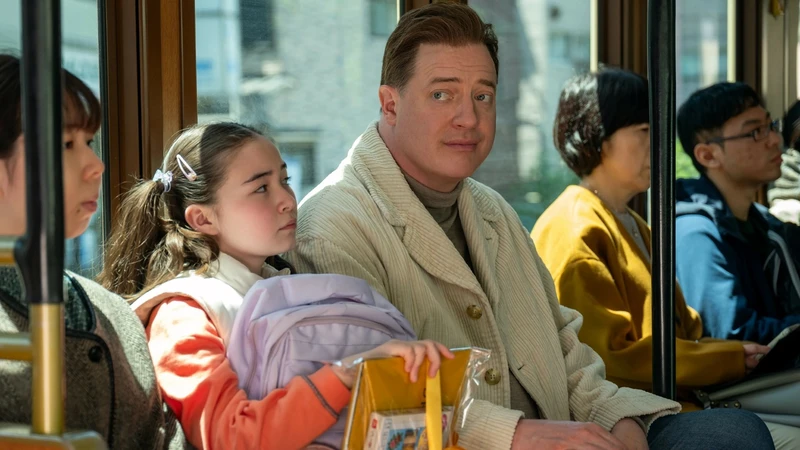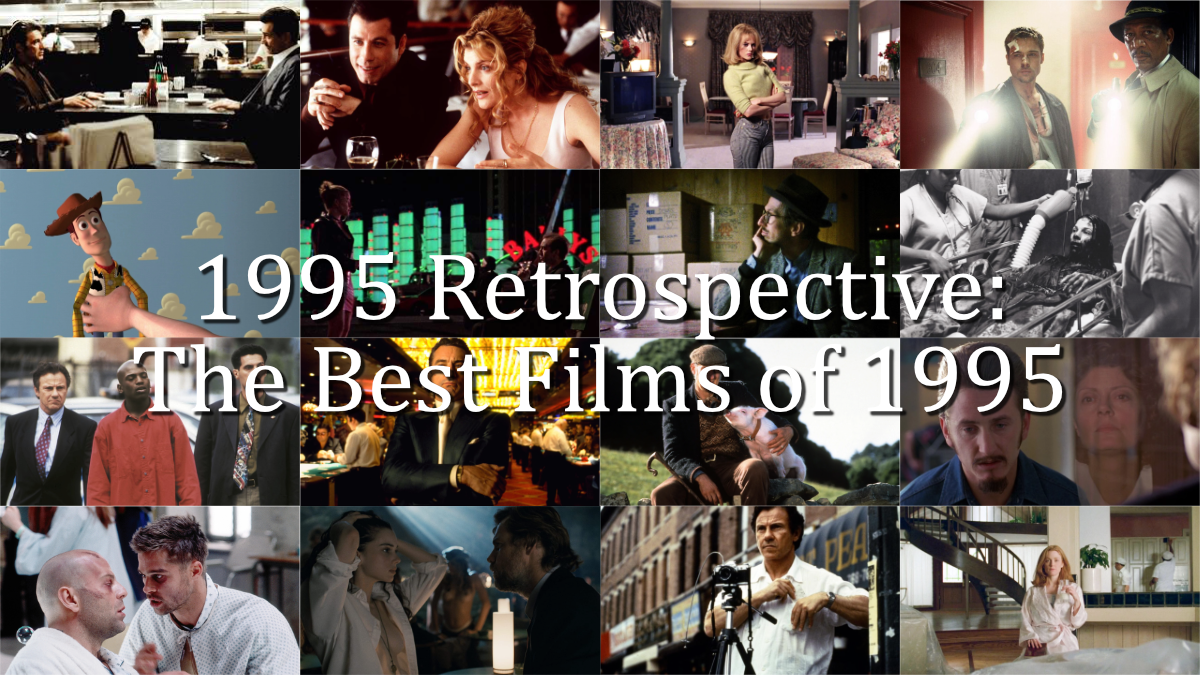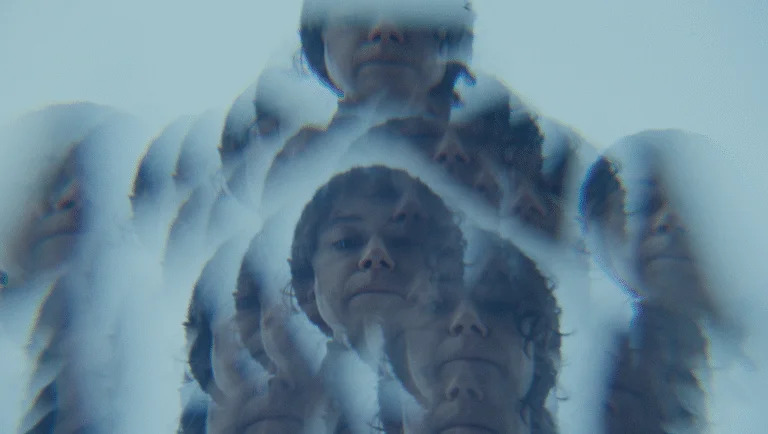![]()
Rental Family is an often-maudlin work with an awkward Brendan Fraser at the center, yet that awkwardness is what keeps this from falling apart. It is a film that may irk a viewer early on, but which may also have them completely bought in and rooting by the end. Your ability to buy in and to give yourself over to this quirky work will make or break the experience one has. Here, Fraser plays Philip Vandarploeug, an American actor living in Japan. Having been there for nearly a decade, his career has stalled out, with mostly bit parts. Until, one day following an uncertain audition, he gets a call for a strange gig.
Here, he learns of the Japanese trend of rental families, where agencies hire out actors to people for life events, as a form of companionship, fill in and sometimes even therapy. As the film begins, Phillip is unsure what to make of his new opportunity but begins to slowly find himself embracing as a fun source of income, until two clients enter his life. This is where the film will either make or break a viewer.

Courtesy Searchlight Pictures
One of the clients is a woman with a daughter, whom she wants to get into a school, but which demands only traditional families, with a man and woman, no single or gay people, can apply with any hope of success. The catch is the child must actually believe he is her long-lost father, and, of course, complications arise. Similarly, the other major client, is a woman who wants her father, a famous actor now fading into dementia, to believe he is the subject of a series of interviews, and a close friendship forms.
This is a film where there are giant leaps of logic and where you will find yourself questioning the ethics and morals of the situations as surely as Phillip does. It is at times brutal to watch the trust of these people being so ignored. It does not matter that Phillip has this as a job and the families are paying. These are still people who, in essence, are being conned. They are being emotionally manipulated, which the film is equally guilty of. Sometimes, it works, but mostly it does not.

Courtesy Netflix
When it does, it interrogates the above problems, and when it does not, it leans too heavily into the more cloying aspect of the film despite the fact that there are multiple characters in the film who have levels of discomfort with what is happening. When the film succeeds it is a blend that captures the tightrope these people have fooled themselves into believing is for a good cause. One character even mentions that this is a phenomenon unique to Japan. The difference here, is that this Rental Family operation is not real life, but in the movies, and operates without regard for the very things that make such outfits work in the real world.
At the end of the day, this is not a depiction of reality but a story about loneliness and need coming together to form the bonds that keep humans from despair. Yet, in trying to show the duality of this unusual aspect of Japanese society, director and co-writer Hikari has not stuck her landing. Yes, one should not judge cultures based on their own culture’s mores yet certain things, like deception, emotional manipulation, murder and theft, should be fairly universal. In this film, while the latter two are not part of the story at all, the first two are. The point of the film is perhaps best stated when one character tells another that in Japan, therapy is stigmatized so this is what they do instead. Yet, do broken promises in the spirit of helping others and doing your job really matter when hearts are crushed? Thankfully, the film does show the consequences, but does so in ways which are not smooth, over obvious and, despite some fine acting, a viewer may still, themselves, feel manipulated. With a bit more finesse and nuance, this average film could have been something special.
RENTAL FAMILY IS NOW SHOWING IN THEATERS EVERYWHERE








When I saw the first trailer for this I was worried that it was going to be saccharine and mawkish.